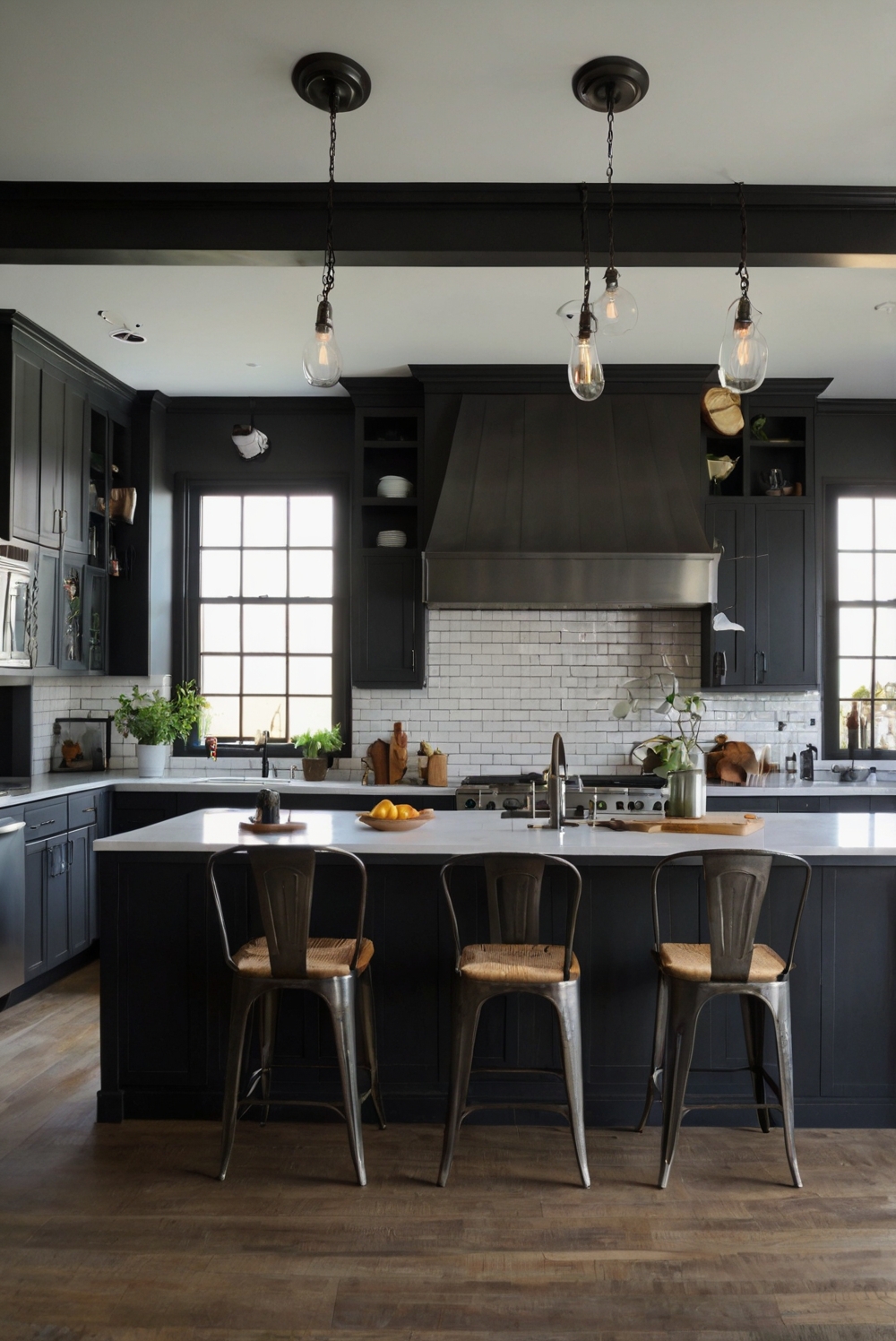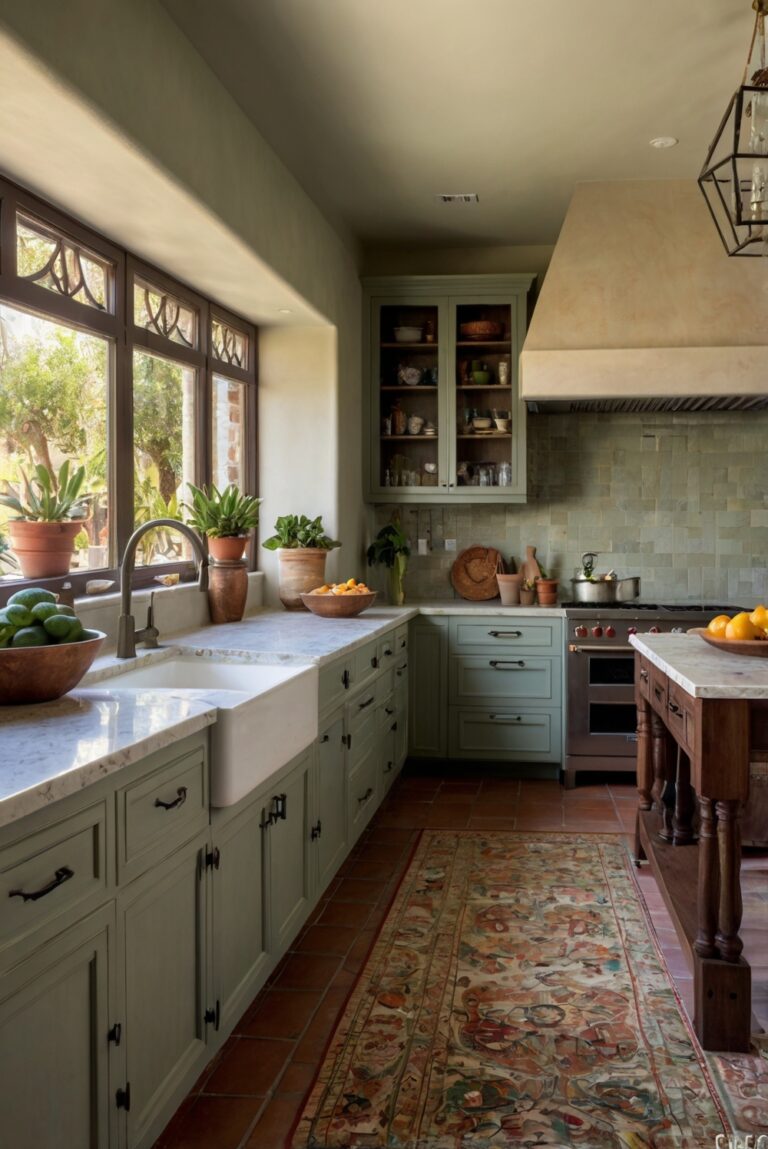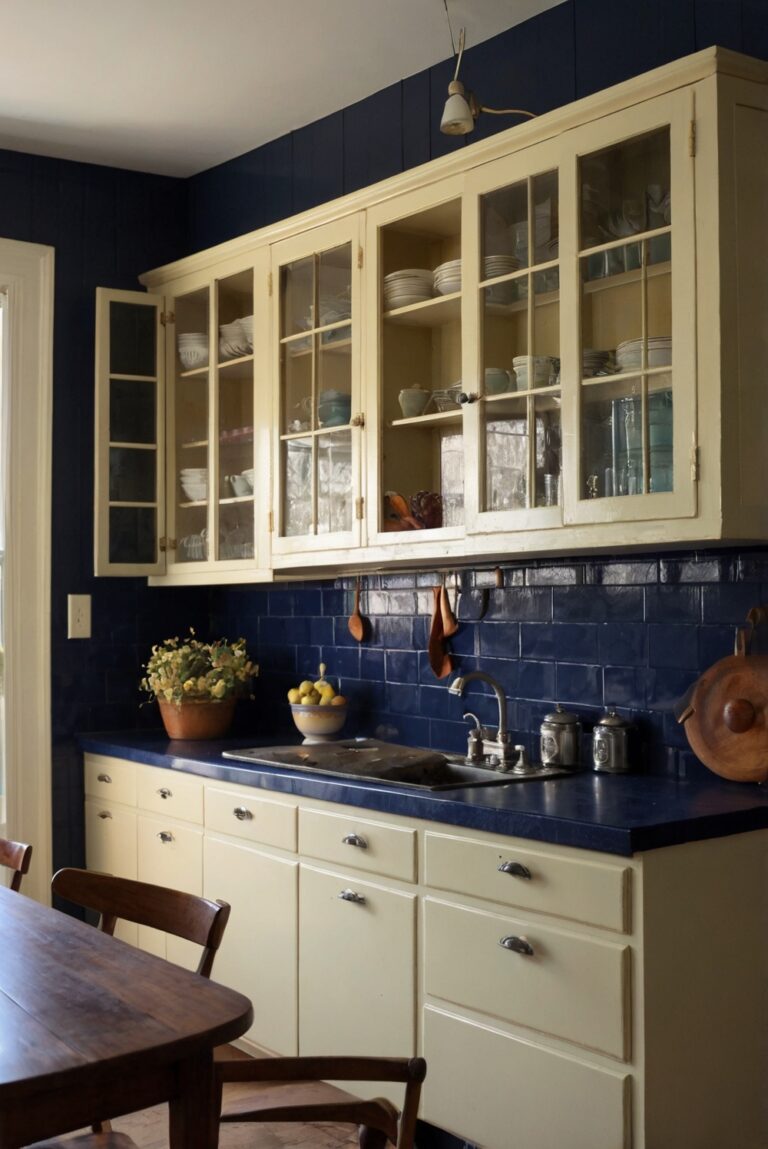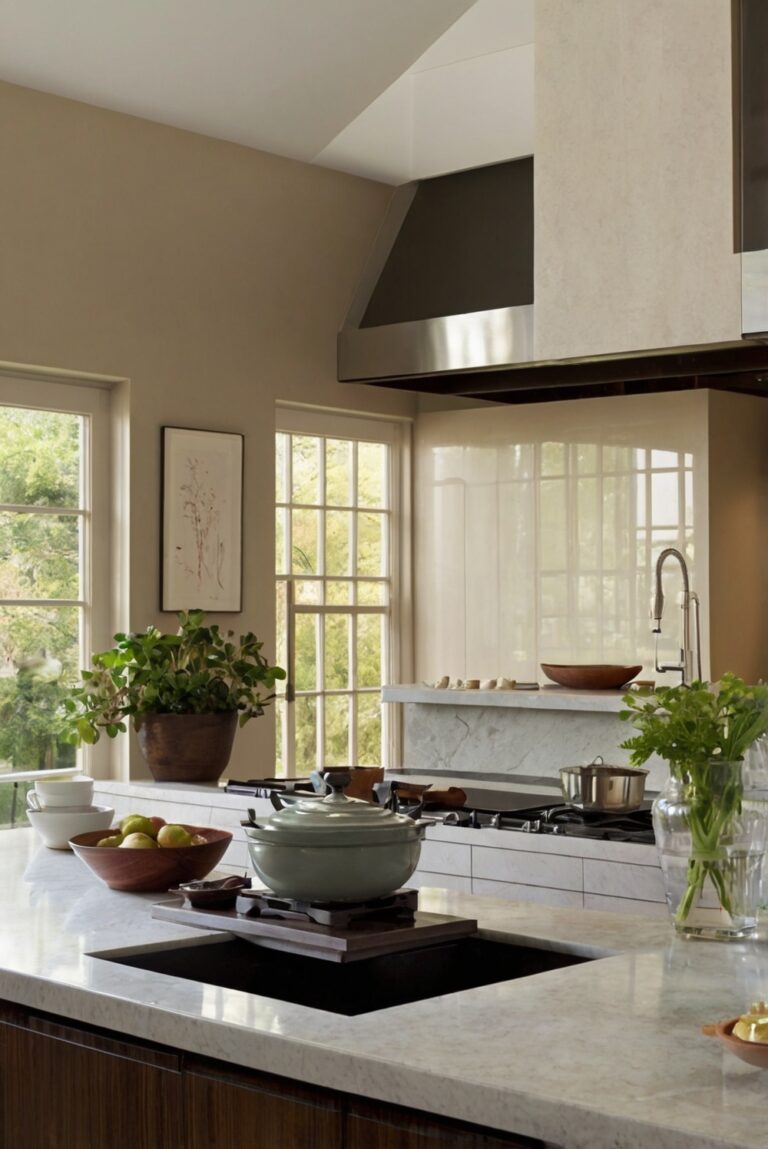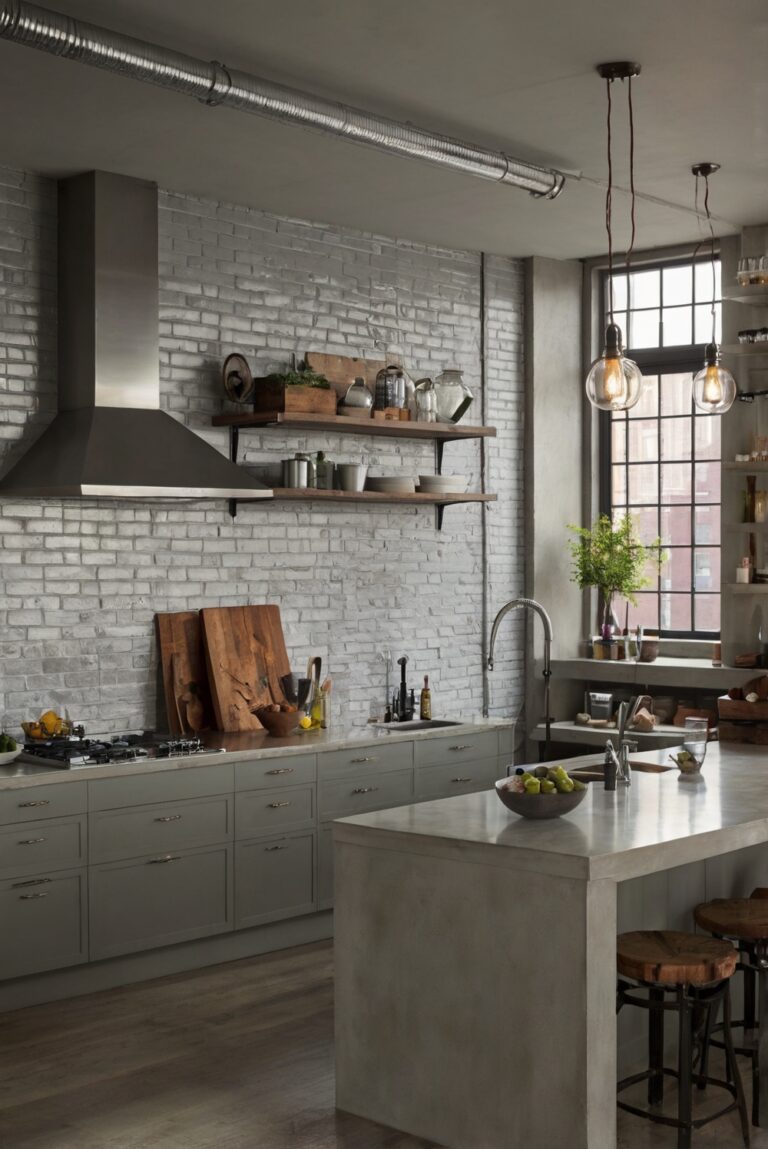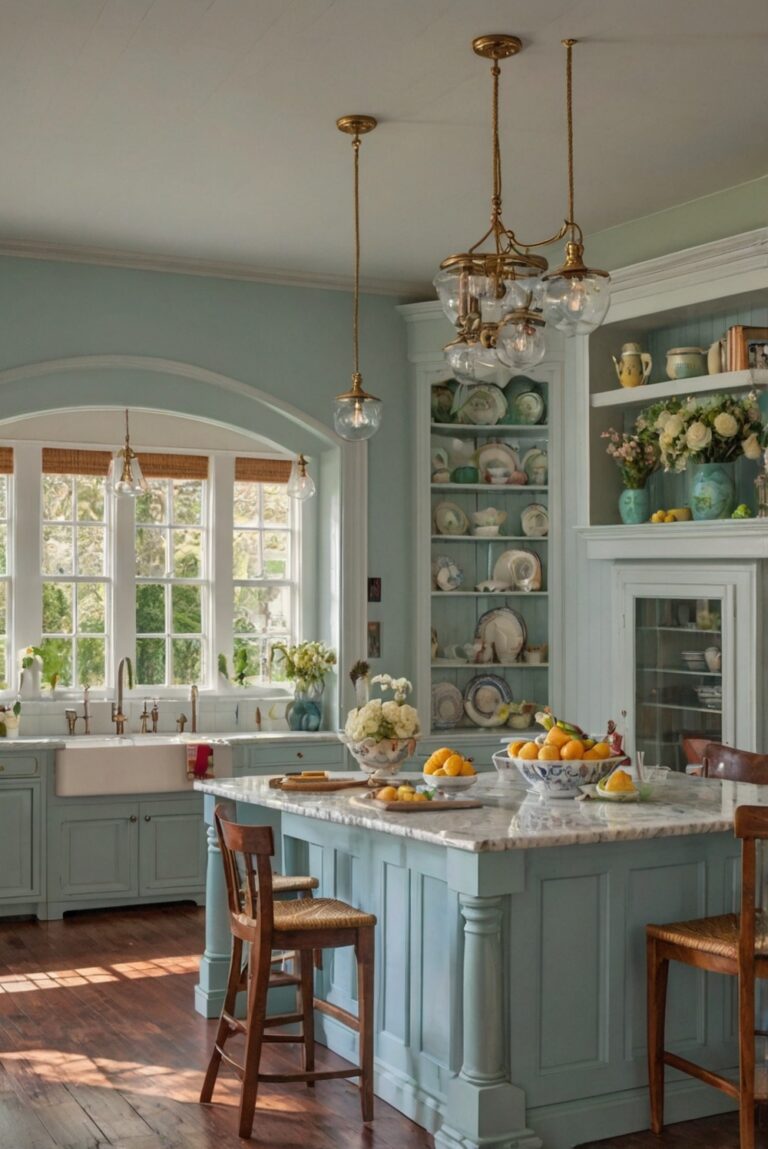Discover the most suitable materials for kitchen sinks in this daily interior designer routine, offering expert advice on enhancing your kitchen space with durable options.
What are the best materials for kitchen sinks?
Stainless steel, cast iron, fireclay, and composite granite are some of the best materials for kitchen sinks. Stainless steel is durable and easy to clean, while cast iron offers a classic look but requires more maintenance. Fireclay sinks are known for their strength and beauty. Composite granite sinks are durable and resistant to scratches and stains. Consider your cooking habits and kitchen style when selecting a sink material.
What are the best materials for kitchen sinks?
What are the best materials for kitchen sinks?
When it comes to choosing the best material for your kitchen sink, there are several factors to consider. The material you choose will impact the durability, maintenance, and aesthetics of your sink. Here are some of the best materials to consider:
Stainless Steel:
Stainless steel sinks are a popular choice for many homeowners due to their durability and affordability. They are resistant to stains, heat, and corrosion, making them a practical option for busy kitchens. Stainless steel sinks also come in a variety of finishes to match your kitchen decor.
Cast Iron:
Cast iron sinks are known for their classic look and durability. They are coated with enamel, which provides a smooth and glossy surface that is easy to clean. Cast iron sinks are also resistant to scratches and chips, making them a long-lasting option for your kitchen.
Granite Composite:
Granite composite sinks are a blend of granite stone and acrylic resin, creating a durable and scratch-resistant material. They are available in a range of colors and finishes, making them a stylish choice for modern kitchens. Granite composite sinks are also heat-resistant and easy to maintain.
Fireclay:
Fireclay sinks are made from clay that is fired at high temperatures, creating a smooth and non-porous surface. They are resistant to stains, scratches, and chips, making them a durable option for your kitchen. Fireclay sinks also come in a variety of styles and sizes to fit your design preferences.
Copper:
Copper sinks are a luxurious and unique choice for kitchen sinks. They develop a natural patina over time, adding character and charm to your kitchen. Copper sinks are also naturally antimicrobial, making them a hygienic option for food preparation. However, copper sinks require regular maintenance to prevent tarnishing.
In conclusion, the best material for your kitchen sink will depend on your budget, style preferences, and maintenance requirements. Stainless steel, cast iron, granite composite, fireclay, and copper are all excellent choices that offer durability, aesthetics, and functionality for your kitchen. Consider the pros and cons of each material before making your decision to ensure you choose the best option for your home.
1. Is stainless steel a good material for kitchen sinks?
Stainless steel is one of the most popular materials for kitchen sinks due to its durability, affordability, and easy maintenance. It is resistant to stains, heat, and corrosion, making it ideal for everyday use. Stainless steel sinks also offer a modern and sleek look that can complement any kitchen design. Additionally, they are easy to clean and maintain, requiring only regular wiping with a soft cloth and mild detergent. While stainless steel sinks can be prone to scratching, choosing a higher gauge (lower number) can help minimize this issue.
2. What about granite composite sinks?
Granite composite sinks are another excellent option for kitchen sinks. These sinks are made from a mixture of granite stone dust and acrylic resins, resulting in a durable and heat-resistant material. Granite composite sinks are available in a variety of colors and finishes, making them a versatile choice for different kitchen styles. They are also resistant to scratches, stains, and chips, making them a long-lasting investment. However, granite composite sinks can be more expensive than stainless steel sinks, so it’s essential to consider your budget when choosing this material.
3. Are porcelain sinks a good choice for kitchens?
Porcelain sinks, also known as ceramic sinks, are a classic and timeless option for kitchen sinks. They offer a traditional look that can complement various kitchen designs, from farmhouse to modern. Porcelain sinks are resistant to stains and scratches, making them a durable choice for everyday use. However, they can be more prone to chipping and cracking compared to other materials like stainless steel or granite composite. It’s essential to handle porcelain sinks with care to prevent damage. Additionally, porcelain sinks may require more maintenance to keep them looking their best, as they can show water spots and stains more easily.
4. What about cast iron sinks?
Cast iron sinks are another popular choice for kitchen sinks due to their durability and classic look. These sinks are made from a mixture of iron and enamel coating, providing a strong and long-lasting material. Cast iron sinks are resistant to scratches, stains, and heat, making them a practical choice for busy kitchens. They also come in a variety of colors and finishes to suit different kitchen styles. However, cast iron sinks can be heavy and may require additional support during installation. They are also more prone to chipping and cracking if not properly maintained. Regular cleaning with a mild detergent and avoiding abrasive cleaners can help prolong the life of a cast iron sink.
5. What are the benefits of choosing a copper sink for the kitchen?
Copper sinks are a luxurious and unique choice for kitchen sinks, offering a warm and inviting look that can enhance the overall kitchen design. Copper sinks develop a natural patina over time, giving them a beautiful and aged appearance. This patina helps protect the sink from stains and corrosion, making copper sinks a durable option for long-term use. Additionally, copper has natural antibacterial properties, making it a hygienic choice for kitchen sinks. While copper sinks can be more expensive upfront, they are an investment that can add value to your home. It’s essential to clean copper sinks regularly with a mild soap and water to maintain their appearance and prevent tarnishing.

